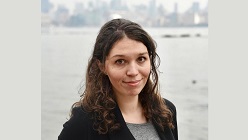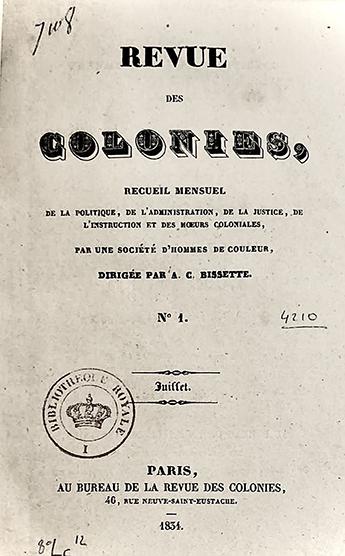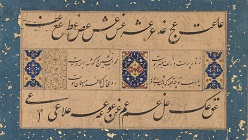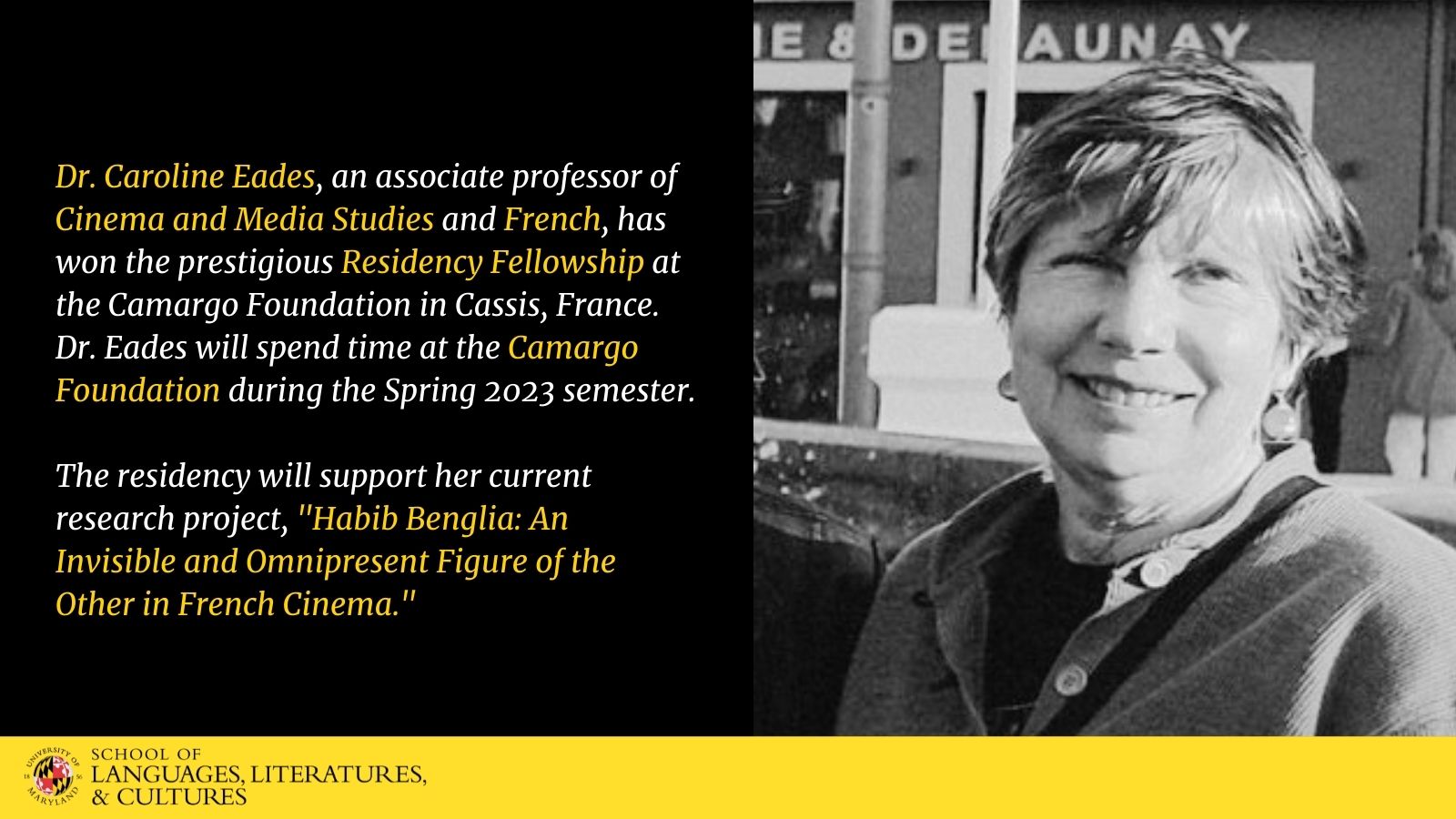With the goal to reimagine learning at the University of Maryland, the university’s Teaching and Learning Transformation Center has awarded funding to over 100 educational projects across campus focused on expanding active and experiential learning, broadly conceived. Twenty of those awards are to faculty in the College of Arts and Humanities.
The projects focus on the redesign of a specific course or course section(s) (up to $20,000 per proposal) or include a cluster of courses and/or educational activities (up to $70,000 per proposal).
“Reimagine learning” is one of four commitments in the new UMD Strategic Plan, describing the vision to move the institution “fearlessly forward in pursuit of excellence and impact for the public good.”
A list of funded proposals with Principal Investigators from ARHU are as follows:
Neel Ahuja, professor in the Harriet Tubman Department of Women, Gender, and Sexuality Studies and the Department of American Studies: “Art- and Technology-Based Experiential Pedagogy on Institutional and Structural Racism”
Thomas Earles, assistant director of the Writing Center in the Department of English: “Reimagine Learning: Develop Multilingual Tutoring in the Writing Center”
Lauren Edelstein, lecturer in the Department of Communication: “Cultivating Skills for Engaging Constructively in Conflicts”
Emily Egan, assistant professor in the Department of Art History and Archaeology: “Learning Through Replication”
Shawn Parry-Giles, professor and chair of the Department of Communication: “COMM 360: Rhetoric of Black America”
Elisa Gironzetti, assistant professor in the School of Languages, Literatures, and Cultures: “Spanish at Work - Internships and experiential learning modules for Spanish in the Professions”
Avital Karpman, associate clinical professor in the Joseph and Rebecca Meyerhoff Program and Center for Jewish Studies and the School of Languages, Literatures, and Cultures: “Gender-Inclusion in the Foreign Language Class”
Manel Lacorte, professor in the School of Languages, Literatures, and Cultures: “Language Learning for Multilingual Societies: Experiential Learning and Project Based Curricula”
Siv B. Lie, assistant professor in the School of Music: “Rethinking Music and Culture in Hybrid Environments”
Cynthia Lee Martin, associate professor in the School of Languages, Literatures, and Cultures: “The Art of Dissent: Aesthetics, Politics and Civil Disobedience”
Scott Trudell, associate professor in the Department of English: “Literature of Science and Technology: Inspiring and Sustaining Experiential, Project-Based Learning” and “Introduction to Digital Studies: Inspiring and Sustaining Experiential, Project-Based Learning”
Patrik Widrig, professor in the School of Theatre, Dance, and Performance Studies: “Site-specific Choreography & Dance Film Course”
Colleen Woods, associate professor of history: “Preserving Immigrant Stories, Cultivating Student Research: Redesigning IMMR 400”
Minglang Zhou, professor and program director of Chinese in the School of Languages, Literatures, and Cultures: “Integrating Chinese Language Partnership into CHIN101” and “Integrating Chinese Language Partnership into CHIN301”
Interdisciplinary proposals:
Michelle V. Rowley, associate professor in the Harriet Tubman Department of Women, Gender, and Sexuality Studies (with the College of Behavioral and Social Sciences): “Black Feminist Thought: Pedagogy as Civic Engagement”
Katherine A. O'Neill, lecturer in the Department of English (with the College of Computer, Mathematical, and Natural Sciences): “A Science Writing Course (ENGL 390) for Chemistry and Biochemistry Majors: A Collaborative Approach to Teaching Writing in STEM Disciplines”
Peter Mallios, associate professor of English (with Undergraduate Studies): “Mass Incarceration and Academic Writing: Teaching Academic Writing in Prison”
Abigail McEwen, associate professor in the Department of Art History and Archaeology (with Undergraduate Studies): “Art & Activism and Carillon Communities”

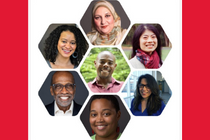

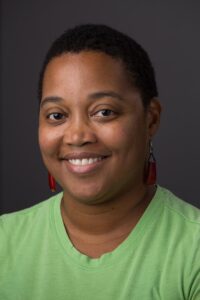
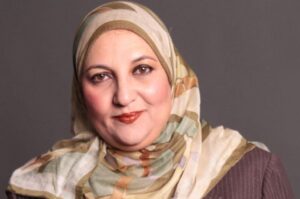
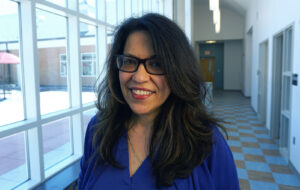
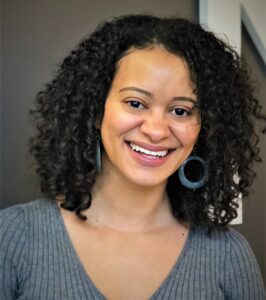

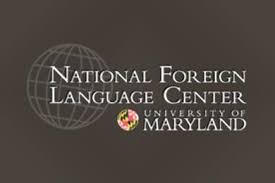
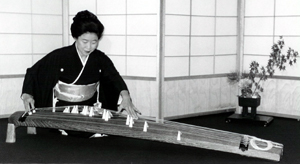
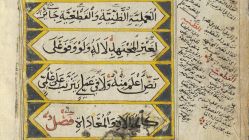
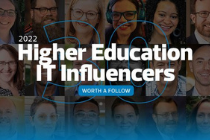
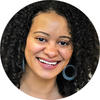 Catherine Knight Steele
Catherine Knight Steele
